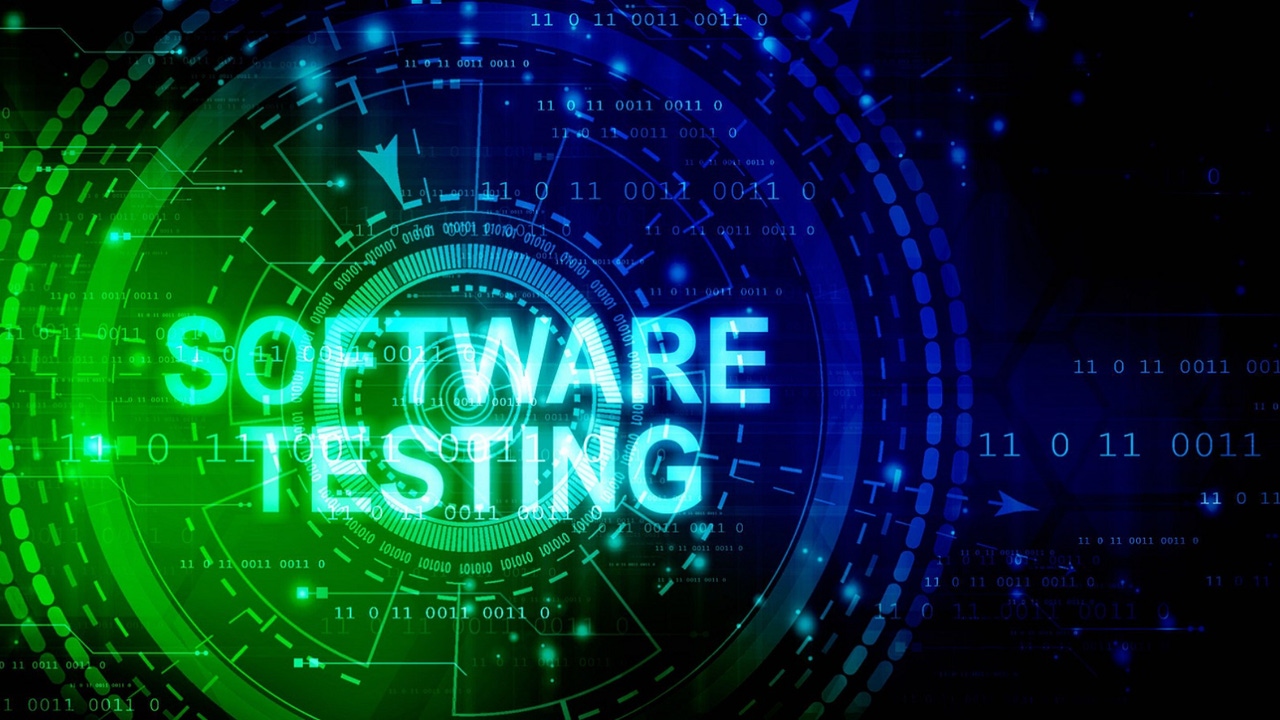AI and the Future of Software Testing: Will Human Testers Become Obsolete?AI and the Future of Software Testing: Will Human Testers Become Obsolete?
As AI automates key aspects of software testing, QA roles are evolving — here's how AI is reshaping the field and what it means for software testers.

Much has been written about how AI is changing software engineering, including its potential to upend the programming job market.
There has been less discussion, however, of AI's impact on software testing and quality assurance (QA) roles. Those jobs are just as important to the overall software delivery process as software engineering — which means that if you want to understand what software development will look like in the age of generative AI, you need to know how AI is changing software testing processes, too.
Keep reading for guidance as we unpack what AI means for software testing and software testers.
What Is Software Testing?
Software testing and quality assurance are the processes that businesses use to ensure that applications operate as desired. More specifically, software tests provide a means of assessing whether applications meet performance and security requirements. They can also evaluate how applications behave under varying load levels and ensure that problems don't arise when applications receive a high volume of requests.
To streamline software testing, most teams automate a majority of their tests. This entails writing code to define what to test, then executing tests automatically using software test automation frameworks like Selenium or Playwright.
Most modern teams also integrate software tests into the software development life cycle (SDLC), which means that tests occur automatically and repeatedly as new code flows down the development pipeline.
.jpg?width=700&auto=webp&quality=80&disable=upscale)
Source: Alamy
AI's Impact on Software Testing
AI can upend traditional approaches to software testing and QA in two main ways.
1. AI-generated software testing code
The first is by generating the code necessary to write software tests. Historically, QA engineers had to write this code by hand, which could be a laborious process. They also had to update the code whenever testing requirements changed, adding more time and effort to the QA process.
But with generative AI tools, it has become possible to produce software testing code automatically. QA engineers can simply describe what they want to test and specify a testing framework, tool, or language, then let generative AI do the tedious work of writing out the code.
Test engineers often need to validate and tweak the AI-generated code, just as software developers most often rework some parts of application code produced by AI. But by writing unit tests and other software tests automatically, AI can dramatically reduce the time that QA engineers spend creating tests.
2. AI-assisted software test assessment
AI tools can also assist in evaluating test results. This is important because, in the past, a test failure typically meant that a QA engineer had to sit down with developers, figure out why the test failed, and formulate a plan for fixing whichever flaw triggered the issue (assuming it was an actual issue with the application, as opposed to bad testing code).
AI can automate this process in many cases by evaluating test results and corresponding application code and then making recommendations about how to fix an issue. Although it's not realistic to expect AI to be capable of entirely automating all software test assessments, it can do much of the tedious work.
Will AI Make Software Testing Jobs Obsolete?
In an era when AI has become capable of automating many of the tasks necessary to test software, the question looming over the industry is: Will human software testers become obsolete?
As with other roles impacted by AI, the likely answer is that AI tools won't make software testers and QA engineers totally irrelevant. There will always be a need for humans to address challenges such as:
Designing and executing software tests that must be carried out manually because there is no way to automate them — such as tests that assess how easy or difficult actual human users find it to complete a task.
Addressing unusual or highly complex test failures that AI can't manage.
Optimizing software tests to make them run faster or more accurately, since AI-generated test code is rarely ideal.
At the same time, though, AI will almost certainly reduce the need for human software testers, which could lead to some job losses in this area. And while test engineers aren't alone in having their livelihoods threatened by AI, they do stand out because salaries for QA roles traditionally have been low, with most test engineers earning less than software developers. This is due largely to the notion that software testing requires a less specialized skill set than software development.
Going forward, AI could place even more downward pressure on test engineer pay rates as companies — rightly or wrongly — view test engineers as even more disposable and low-skilled in an age when AI can automate many parts of their jobs.
The bottom line: Don't expect organizations to outsource all of their software testing and QA needs to AI anytime soon. But do expect AI to make software testing at least a somewhat less promising career path.
About the Author
You May Also Like








.jpg?width=700&auto=webp&quality=80&disable=upscale)
